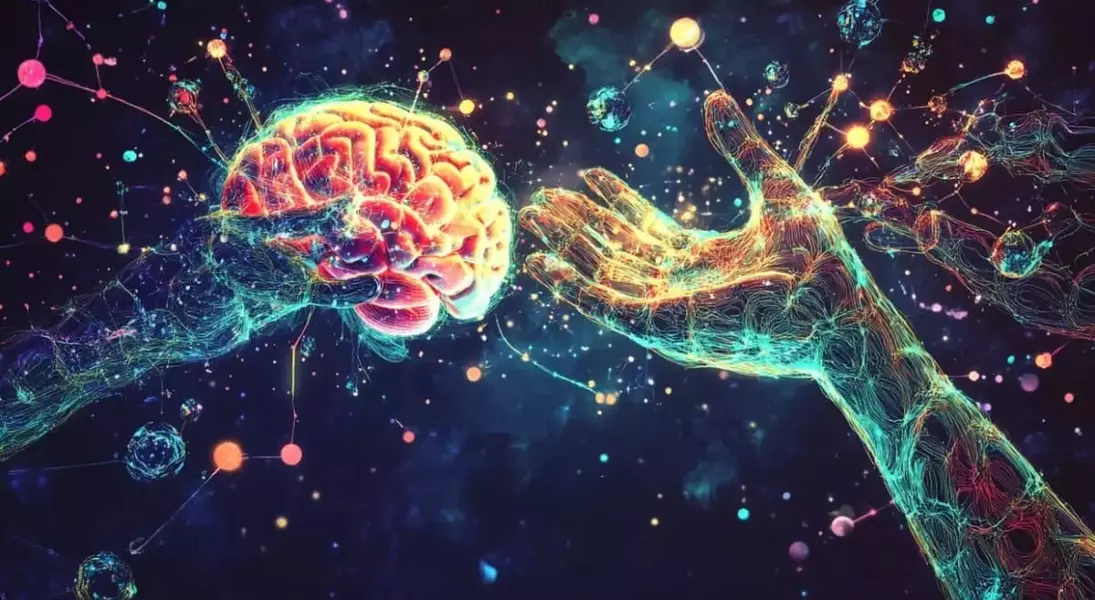
A groundbreaking study delves into why some individuals exhibit more altruistic tendencies than others, revealing fascinating differences in brain activity and the role of oxytocin. By observing rats, researchers identified heightened activation in empathy- and motivation-related brain areas among those aiding distressed peers. These helpful rats also demonstrated greater expression of oxytocin receptors, emphasizing that social bonding plays a significant role in driving prosocial actions beyond mere recognition of emotional distress. The findings provide fresh perspectives on how attachment and empathy influence helping behavior in both animals and humans.
Exploring Prosocial Behavior Through Rat Studies
In the heart of a bustling research facility, scientists embarked on an intriguing journey to unravel the mysteries behind prosocial behavior. Under the leadership of Inbal Bartal from Tel Aviv University, the team conducted experiments using rats as subjects. They devised a task where rats could choose to release a distressed peer trapped in a restrainer. Observations revealed that rats were more inclined to assist those with whom they had formed positive social connections. Notably, these helpful rats exhibited increased activity in brain regions associated with empathy and motivation compared to their less helpful counterparts.
Furthermore, researchers discovered elevated oxytocin receptor expression in specific brain areas linked to motivation among the helper rats. This suggests that caring for others, rather than simply recognizing their distress, significantly contributes to acts of kindness. When oxytocin signaling was inhibited, rats displayed reduced friendliness towards others, indicating that oxytocin fosters helping behaviors by fostering attachment.
According to Bartal, understanding these mechanisms can bridge the empathy gap in our increasingly polarized society. The similarities between human and rat brains offer valuable insights into how our minds process and mediate prosocial decisions.
From a journalistic perspective, this study highlights the importance of nurturing social bonds and empathy in fostering a more compassionate world. It challenges us to reflect on our own behavior and consider how we might cultivate environments that encourage altruism and mutual support. By embracing the lessons learned from these tiny yet powerful creatures, we may inspire positive change within our communities and beyond.
